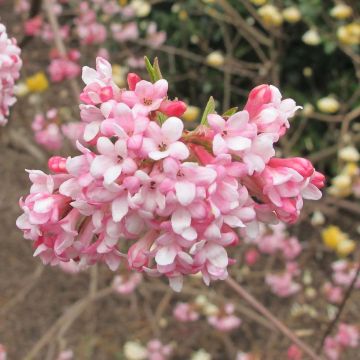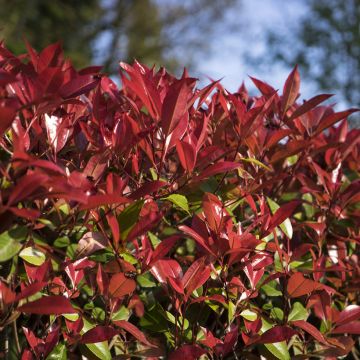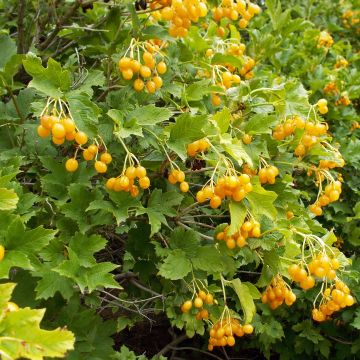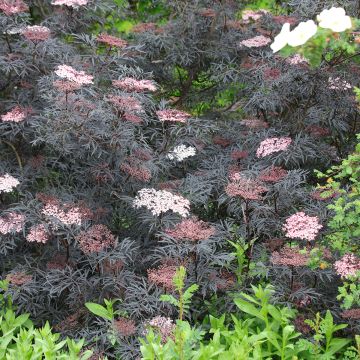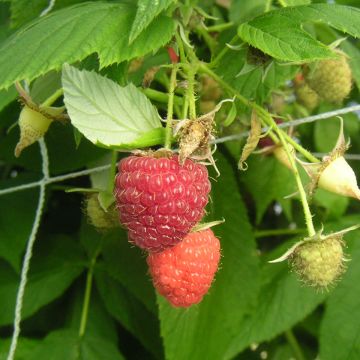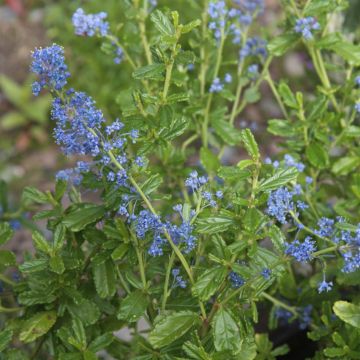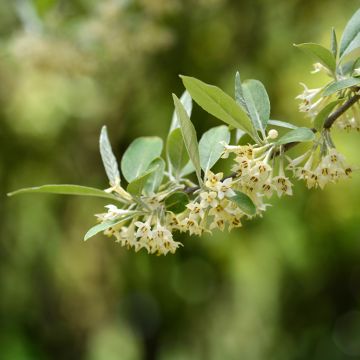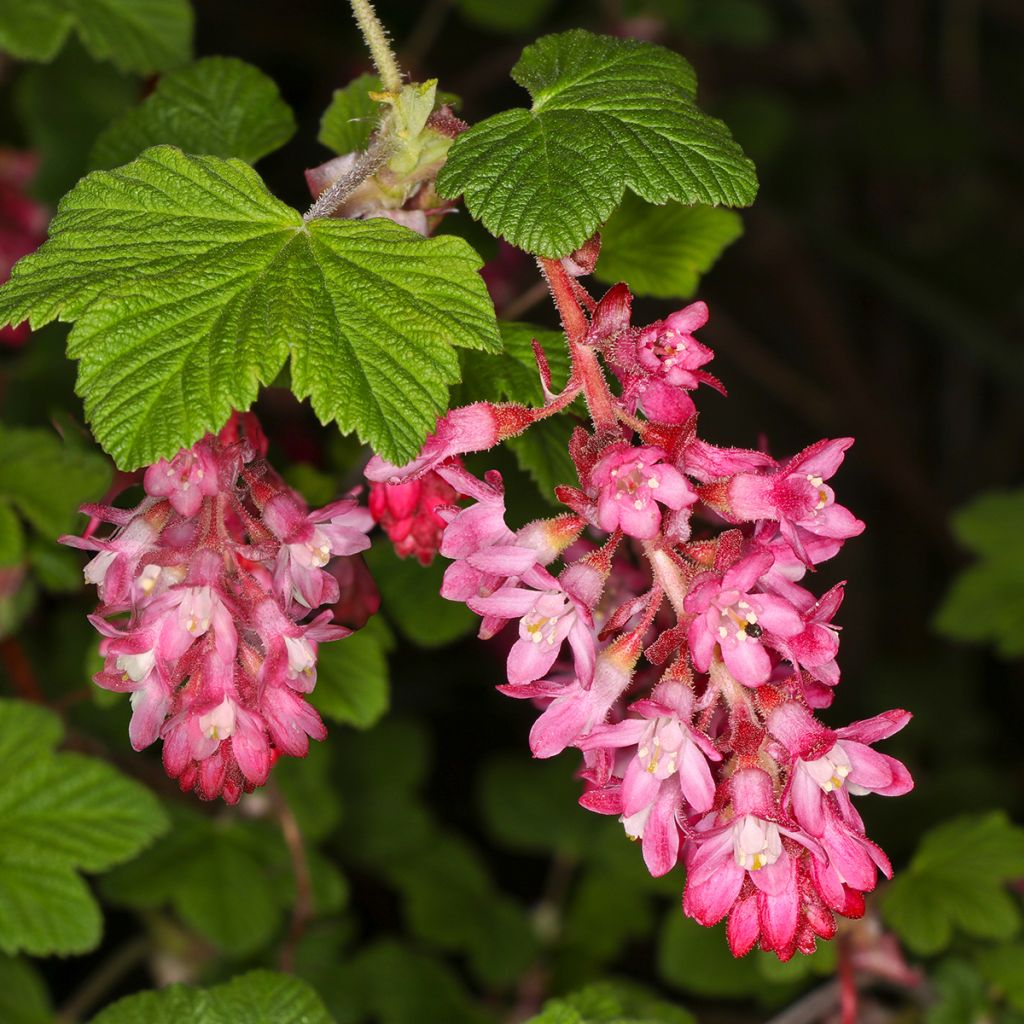

Ribes sanguineum Pulborough Scarlet - Flowering Currant


Ribes sanguineum Pulborough Scarlet - Flowering Currant
Ribes sanguineum Pulborough Scarlet - Flowering Currant
Ribes sanguineum Pulborough Scarlet
Flowering Currant, Red-flowering Currant, Pink-flowering Currant
Special offer!
Receive a €20 voucher for any order over €90 (excluding delivery costs, credit notes, and plastic-free options)!
1- Add your favorite plants to your cart.
2- Once you have reached €90, confirm your order (you can even choose the delivery date!).
3- As soon as your order is shipped, you will receive an email containing your voucher code, valid for 3 months (90 days).
Your voucher is unique and can only be used once, for any order with a minimum value of €20, excluding delivery costs.
Can be combined with other current offers, non-divisible and non-refundable.
Home or relay delivery (depending on size and destination)
Schedule delivery date,
and select date in basket
This plant carries a 24 months recovery warranty
More information
We guarantee the quality of our plants for a full growing cycle, and will replace at our expense any plant that fails to recover under normal climatic and planting conditions.
Would this plant suit my garden?
Set up your Plantfit profile →
Description
Ribes sanguineum 'Pulborough Scarlet' is an established variety of flowering currant that still retains its ornamental appeal. This fairly vigorous bush forms a beautiful clump that is almost as wide as it is high, with upright branches dressed in lovely lobed leaves of a rich green. Early in spring, numerous clusters of red flowers with white hearts bloom beautifully, complementing the green of the foliage. The archetype of the beginner's plant, the flowering currant tolerates most soils, from moist to moderately dry, thriving in full sun or partial shade, and requires very little maintenance. It is perfect within a varied border, combining perennials and other bushes, or in a vibrant hedge.
Formerly classified among the Saxifragaceae, alongside the charming and colourful Heucheras or the generous Rodgersia, the genus Ribes is now the sole member of the Grossulariaceae family, comprising over 100 species. Ribes sanguineum is the most floriferous and widespread species in our gardens, since 1837, with the historical variety 'Atrorubens'. The wild plant grows in the United States, at altitudes between 600 and 1800 m, from northern California to British Columbia, amidst forests of Pines and Thujas.
'Pulborough Scarlet' is a cultivar with an upright habit, developed in 1933 in Pulborough, Sussex (England). Demonstrating great vigour, the bush commonly reaches 2.50 m in height, potentially even reaching 3 m in the absence of any pruning, with a width just slightly less. Its branches are distinctly upright, giving it a somewhat narrow habit at first, but this broadens over time with the regular production of new shoots. The stems have a lovely mahogany brown hue and bear alternate deciduous leaves, measuring 5 to 10 cm. A rich green on top, medium to dark, tomentose (covered in fine hairs) and lighter underneath, they are more or less heart-shaped and divided into 3 to 5 rounded, irregularly toothed lobes. The young hairy branches carry glands that exude an aromatic scent, reminiscent of the Blackcurrant (Ribes nigrum).
From late March to May, depending on the climates and regions, clusters composed of twenty or more small flowers appear, each approximately 7 cm long. Forming in the axils of the leaves, along the branches and up to their tips, the clusters are gracefully arched and pendulous. Emerging more or less at the same time as the young leaves, they then blend into the foliage, creating a lovely symphony of colour. Composed of five red petals, the tubular corolla at its base is marked with white in its centre, creating a charming contrast with a romantic allure. The flowers bloom for several weeks, presenting a beautiful spectacle. In addition to being highly decorative, the flowering is honey-producing, which is an asset for diversity in the garden. The small black fruits that follow are consumed by birds, enhancing its utility for wildlife.
The Flowering Currant 'Pulborough Scarlet' is one of those plants that are impossible to overlook, allowing it to transcend ages and fashions. Although it is a horticultural variety, its appearance is natural enough to integrate well into both a rural setting and a small urban garden. Plant it in a varied border alongside other easy-to-grow classics, such as Forsythias, which are unparalleled in brightening the early days of spring with their luminous yellow and will kick off the flowering season. Deutzia crenata 'Pride of Rochester' will take over in the latter half of spring with its double pom-poms of immaculate white. At the feet of these second-tier shrubs, occupy the border with lower plants such as Potentilla fruticosa 'Red Ace', a shrubby cinquefoil 50 to 60 cm tall that will delight you with its simple orange-red flowers with yellow centres from June to September. Buddleja davidii 'Butterfly Candy Little White' will also be perfect in this spot, its large white spikes accompanying the flowering of the cinquefoil throughout the summer.
Report an error about the product description
Ribes sanguineum Pulborough Scarlet - Flowering Currant in pictures
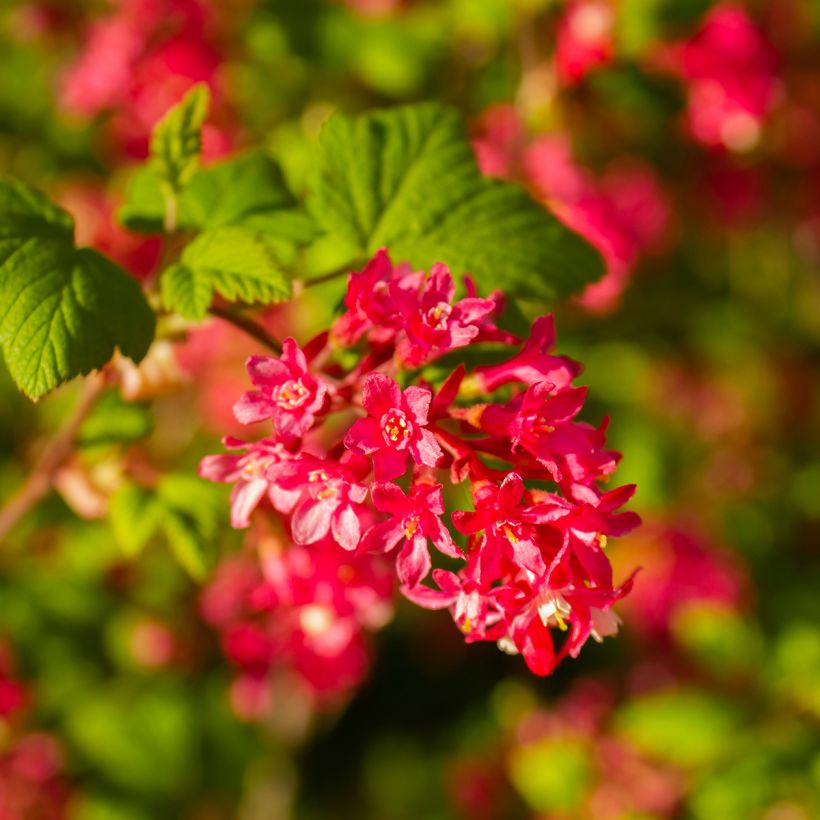

Plant habit
Flowering
Foliage
Botanical data
Ribes
sanguineum
Pulborough Scarlet
Grossulariaceae
Flowering Currant, Red-flowering Currant, Pink-flowering Currant
Cultivar or hybrid
Planting and care
Plant the Flowering Currant 'Pulborough Scarlett' in ordinary, deep, non-calcareous, rich, and moist soil. This bush will thrive in partial shade or in the sun, but in a non-scorching position. Soak the root ball for a quarter of an hour in a bucket while you dig the planting hole (50x50x50 cm). Add a little potting compost to the existing soil, position the root ball, backfill around it, and water generously. Water in the first year during hot periods to encourage rooting. The young plant is then relatively tolerant once well-rooted.
Pruning is not necessary, except to remove dead wood or to rectify a habit that is a bit too sparse. The branches should be cut back by a third of their length after flowering.
Planting period
Intended location
Care
This item has not been reviewed yet - be the first to leave a review about it.
Similar products
Haven't found what you were looking for?
Hardiness is the lowest winter temperature a plant can endure without suffering serious damage or even dying. However, hardiness is affected by location (a sheltered area, such as a patio), protection (winter cover) and soil type (hardiness is improved by well-drained soil).

Photo Sharing Terms & Conditions
In order to encourage gardeners to interact and share their experiences, Promesse de fleurs offers various media enabling content to be uploaded onto its Site - in particular via the ‘Photo sharing’ module.
The User agrees to refrain from:
- Posting any content that is illegal, prejudicial, insulting, racist, inciteful to hatred, revisionist, contrary to public decency, that infringes on privacy or on the privacy rights of third parties, in particular the publicity rights of persons and goods, intellectual property rights, or the right to privacy.
- Submitting content on behalf of a third party;
- Impersonate the identity of a third party and/or publish any personal information about a third party;
In general, the User undertakes to refrain from any unethical behaviour.
All Content (in particular text, comments, files, images, photos, videos, creative works, etc.), which may be subject to property or intellectual property rights, image or other private rights, shall remain the property of the User, subject to the limited rights granted by the terms of the licence granted by Promesse de fleurs as stated below. Users are at liberty to publish or not to publish such Content on the Site, notably via the ‘Photo Sharing’ facility, and accept that this Content shall be made public and freely accessible, notably on the Internet.
Users further acknowledge, undertake to have ,and guarantee that they hold all necessary rights and permissions to publish such material on the Site, in particular with regard to the legislation in force pertaining to any privacy, property, intellectual property, image, or contractual rights, or rights of any other nature. By publishing such Content on the Site, Users acknowledge accepting full liability as publishers of the Content within the meaning of the law, and grant Promesse de fleurs, free of charge, an inclusive, worldwide licence for the said Content for the entire duration of its publication, including all reproduction, representation, up/downloading, displaying, performing, transmission, and storage rights.
Users also grant permission for their name to be linked to the Content and accept that this link may not always be made available.
By engaging in posting material, Users consent to their Content becoming automatically accessible on the Internet, in particular on other sites and/or blogs and/or web pages of the Promesse de fleurs site, including in particular social pages and the Promesse de fleurs catalogue.
Users may secure the removal of entrusted content free of charge by issuing a simple request via our contact form.
The flowering period indicated on our website applies to countries and regions located in USDA zone 8 (France, the United Kingdom, Ireland, the Netherlands, etc.)
It will vary according to where you live:
- In zones 9 to 10 (Italy, Spain, Greece, etc.), flowering will occur about 2 to 4 weeks earlier.
- In zones 6 to 7 (Germany, Poland, Slovenia, and lower mountainous regions), flowering will be delayed by 2 to 3 weeks.
- In zone 5 (Central Europe, Scandinavia), blooming will be delayed by 3 to 5 weeks.
In temperate climates, pruning of spring-flowering shrubs (forsythia, spireas, etc.) should be done just after flowering.
Pruning of summer-flowering shrubs (Indian Lilac, Perovskia, etc.) can be done in winter or spring.
In cold regions as well as with frost-sensitive plants, avoid pruning too early when severe frosts may still occur.
The planting period indicated on our website applies to countries and regions located in USDA zone 8 (France, United Kingdom, Ireland, Netherlands).
It will vary according to where you live:
- In Mediterranean zones (Marseille, Madrid, Milan, etc.), autumn and winter are the best planting periods.
- In continental zones (Strasbourg, Munich, Vienna, etc.), delay planting by 2 to 3 weeks in spring and bring it forward by 2 to 4 weeks in autumn.
- In mountainous regions (the Alps, Pyrenees, Carpathians, etc.), it is best to plant in late spring (May-June) or late summer (August-September).
The harvesting period indicated on our website applies to countries and regions in USDA zone 8 (France, England, Ireland, the Netherlands).
In colder areas (Scandinavia, Poland, Austria...) fruit and vegetable harvests are likely to be delayed by 3-4 weeks.
In warmer areas (Italy, Spain, Greece, etc.), harvesting will probably take place earlier, depending on weather conditions.
The sowing periods indicated on our website apply to countries and regions within USDA Zone 8 (France, UK, Ireland, Netherlands).
In colder areas (Scandinavia, Poland, Austria...), delay any outdoor sowing by 3-4 weeks, or sow under glass.
In warmer climes (Italy, Spain, Greece, etc.), bring outdoor sowing forward by a few weeks.

































